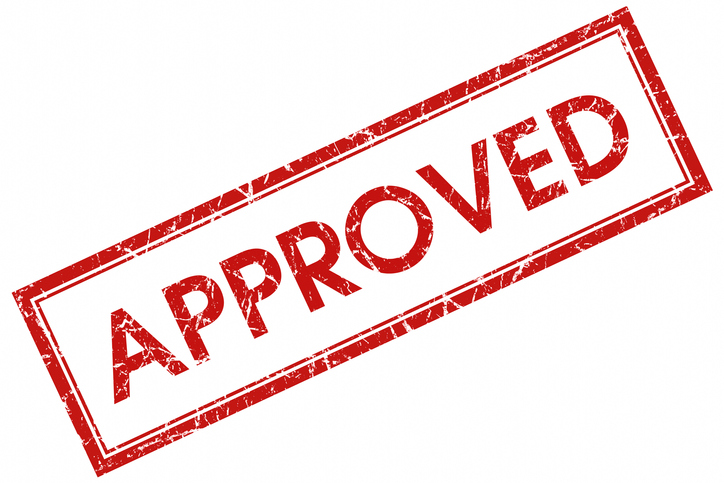“Moderately or severely immunocompromised” adults ages 18 and up who received an additional dose of Pfizer or Moderna’s mRNA vaccines may now receive a booster dose of Pfizer, Moderna, or Johnson & Johnson at least 6 months after completing their third dose, the agency said.
They added that if a moderate to severely immunocompromised adult has received a two-dose series of Pfizer or Moderna, and more than 28 days has elapsed, that person should “immediately” receive an additional dose of Pfizer or the full-dose volume of 100 μg for Moderna, followed by a single booster dose with any of the three authorized vaccines at least 6 months later.”
Read more, here.



